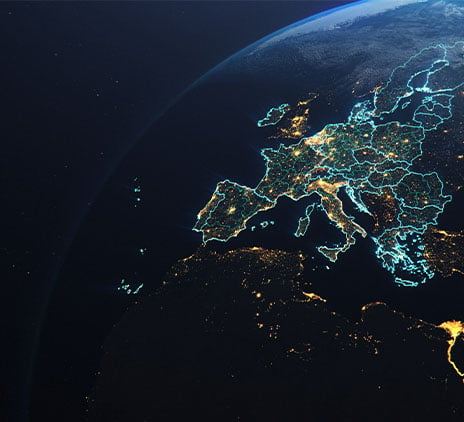Sign up for expert insights, industry trends, and key updates—delivered straight to you.

Suppliers of such events will need to consider whether it will be necessary to account for VAT in multiple EU jurisdictions, and how to efficiently manage any associated registration ‘footprint’.
A virtual event isn’t defined in VAT law, but could include live-streamed events or other online events that involve people interacting in a virtual environment, rather than meeting in a physical location.
The change is intended to apply VAT where the service is consumed, in line with the normal place of supply rules for B2B services and similar rules for electronically supplied services provided on a B2C basis.
New measures
Currently VAT is levied on live streamed events, including virtual events, where that event takes place. This means that live streamed events are subject to VAT in the country in which the event is taking place even if the viewers are located in a different jurisdiction. This is the case regardless of the business or non-business status of the customer.
From 1 January 2025, EU law applies VAT to such events where the viewer, or customer is located. This operates as follows:
- For business-to-business supplies, the EU business recipient may be required to self-account for reverse charge VAT in their EU country of establishment.
- For business to consumer supplies, the supplier will be responsible to collect and remit VAT in the EU country where the customer is located. This is intended to bring the VAT treatment of virtual events into alignment with that of other telecommunication, broadcasting and electronically supplied services (including streaming services or the delivery of other pre-recorded content). A pan-European €10,000 threshold applies for EU and NI businesses, and a nil threshold applies for non-EU established businesses.
This change follows amendment to the VAT place of supply rules for certain events services in Directive 2022/542. Irish law has not yet been amended to implement these changes, but we anticipate a statutory instrument to this effect should be issued in the coming weeks.
What do providers of online events need to do now?
The VAT treatment of events provided on a B2C basis will change considerably, and will bring about increased costs of compliance for businesses providing such B2C virtual services. The provider of the online events may need to register and charge VAT in each EU country where their final customers reside.
Suppliers of live streamed and virtual events will need to think about how to identify the location of their consumer, and understand the impact of being subject to VAT in another EU jurisdiction.
There is a VAT registration simplification available, known as the VAT One Stop Shop, to facilitate one single-EU wide registration to remit output VAT on supplies, but there remains a challenge of monitoring differing VAT rates across the EU and pricing, contracting and invoicing decisions associated with this.
The impact on cross-border B2B supplies should be less significant, as business customers should be able to self-assess for VAT on the reverse charge basis in their country of establishment, but suppliers will still need to consider invoicing and relevant VAT reporting requirements.






